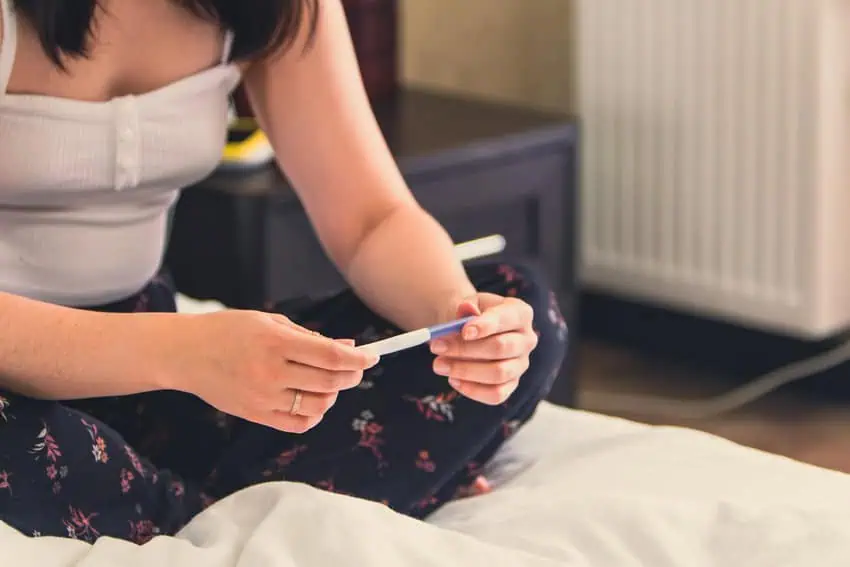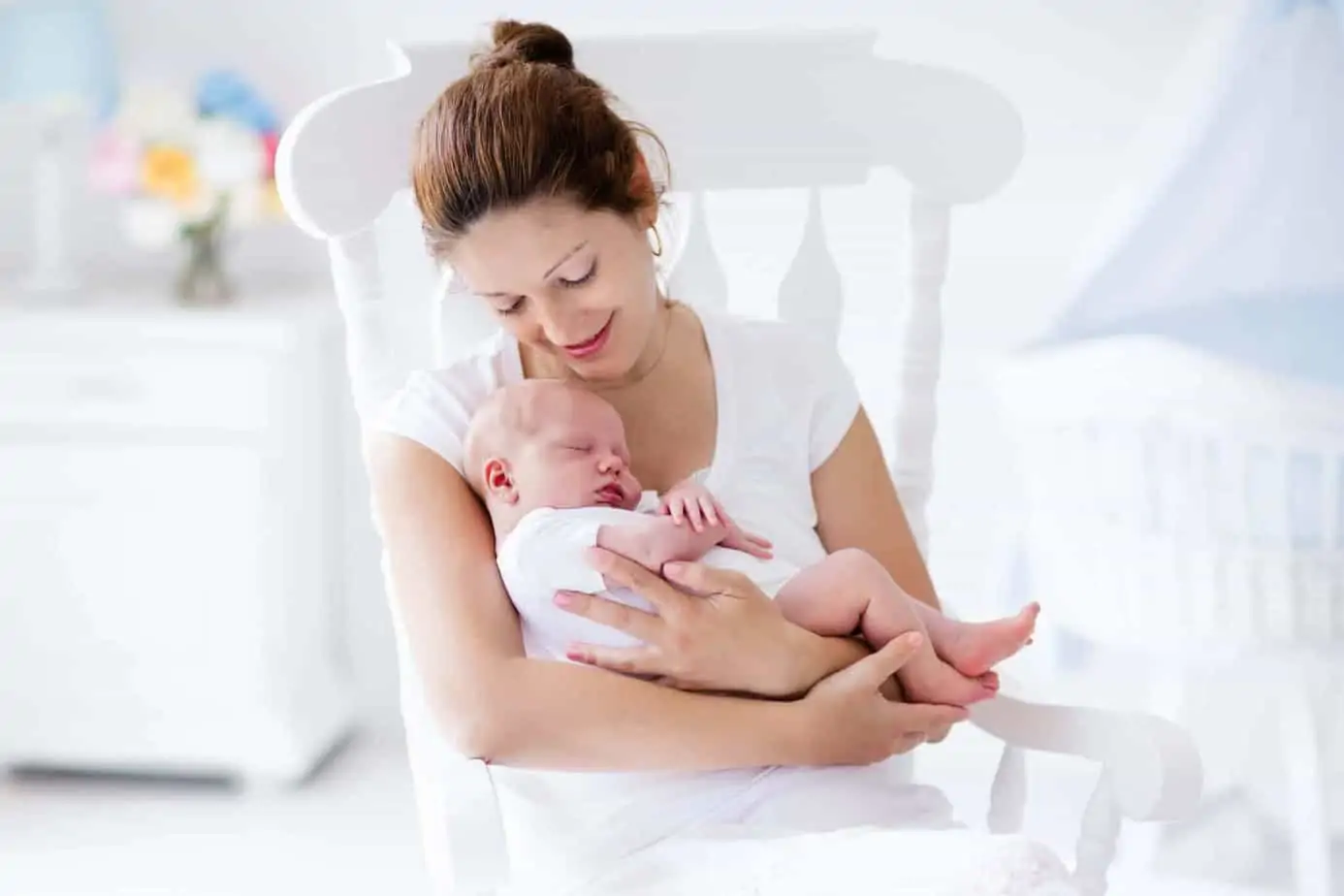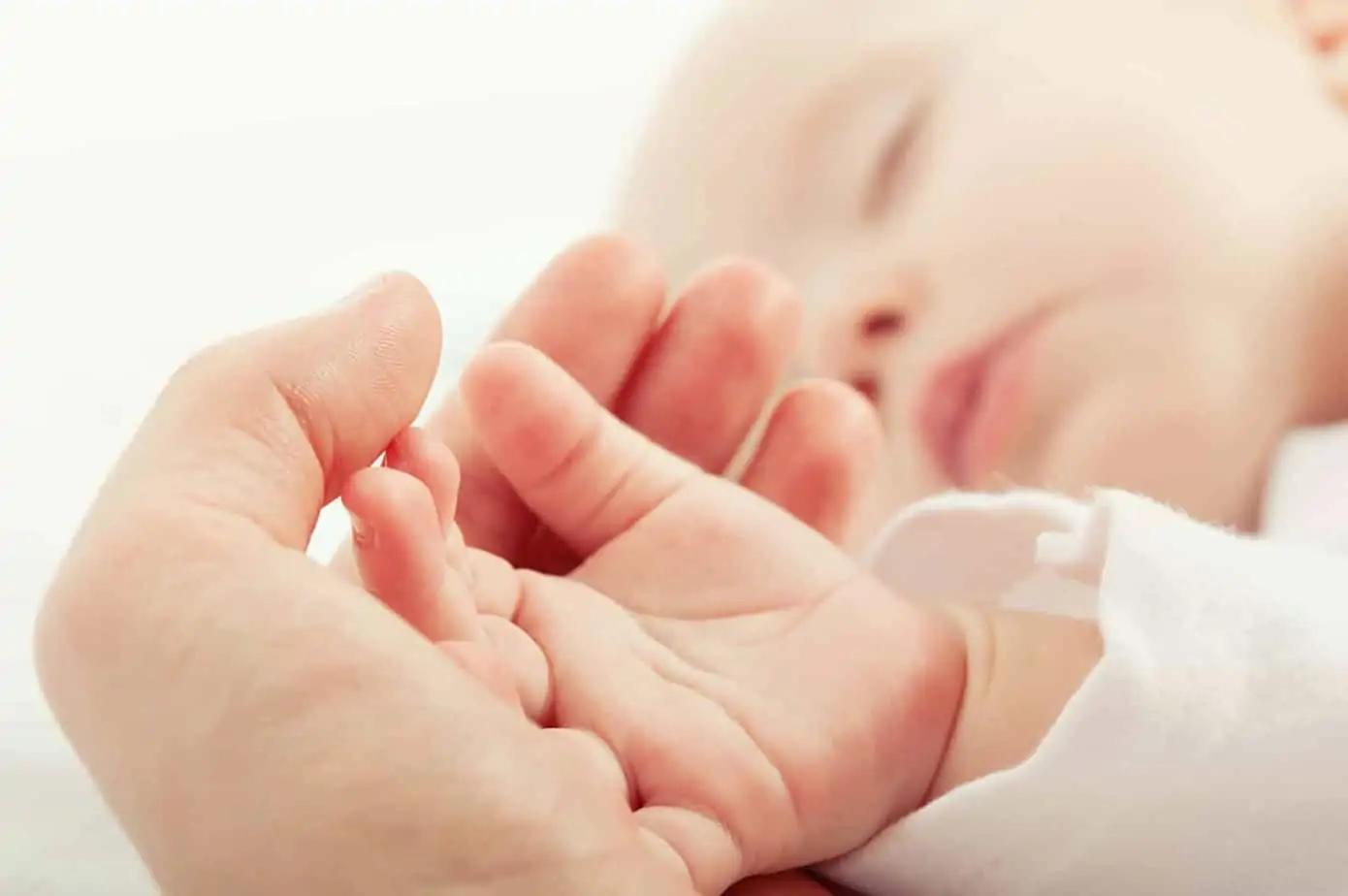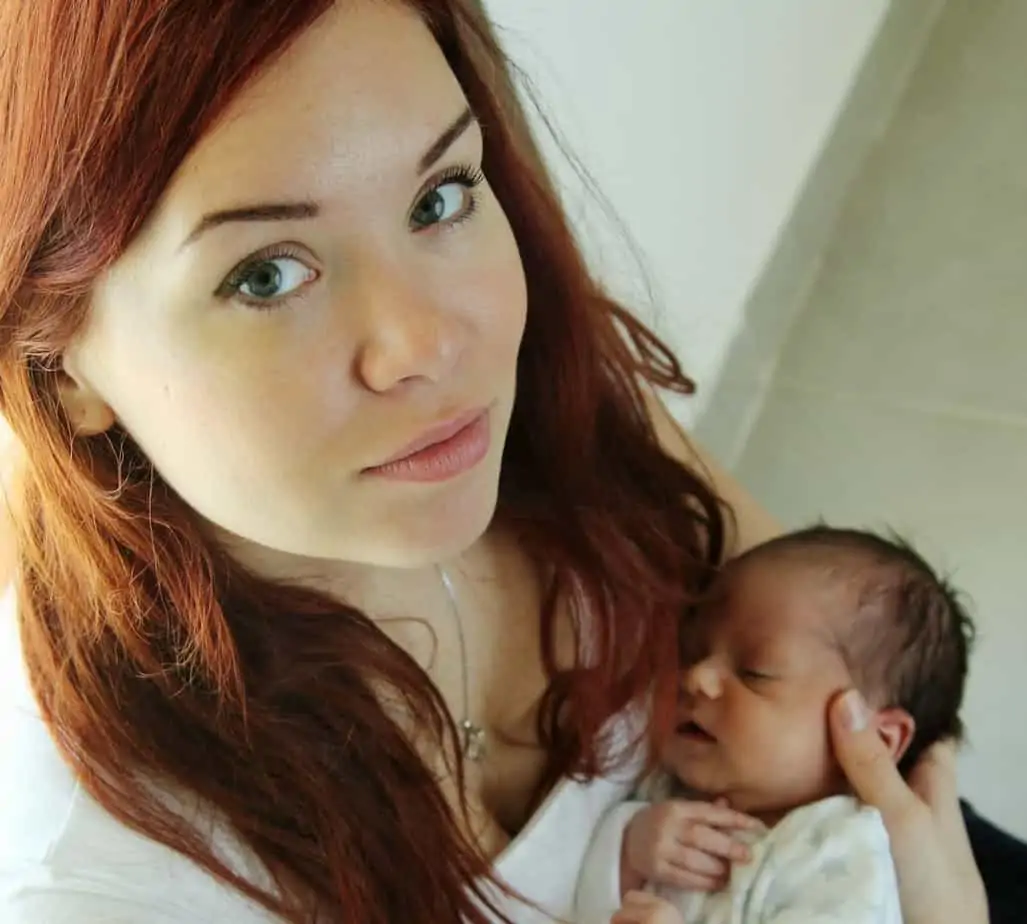Pregnancy is a time for extra caution, especially when it comes to the substances you encounter daily.
Protecting your baby’s development and your own well-being requires careful consideration of what’s in your diet, environment, and even the products you use around the house.
As your body nurtures new life, it becomes more sensitive to potential toxins, making it essential to be vigilant about your choices.
Here are some areas to focus on:
1. Diet
One of the most critical aspects to focus on during pregnancy is your diet. The foods you eat directly impact your baby’s growth and development, so it’s important to avoid certain foods that could pose risks. For instance, raw or undercooked meats and eggs, unpasteurized dairy products, and certain types of fish high in mercury should be avoided. These foods can carry harmful bacteria or toxins that could lead to complications such as foodborne illnesses, which can be more severe during pregnancy. Opt for well-cooked, nutrient-dense foods that support both your health and your baby’s development.
2. Environment & Chemical Exposures
In addition to diet, your environment plays a significant role in your pregnancy. Everyday household items, such as cleaning products, cosmetics, and even air fresheners, can contain chemicals that may be harmful to you and your baby. For example, many conventional cleaning products contain volatile organic compounds (VOCs), which can be harmful when inhaled. Choosing natural or organic cleaning products, or even making your own from safe ingredients like vinegar and baking soda, can help reduce your exposure to these potentially harmful substances.
Pregnancy is also a time to reconsider your exposure to environmental toxins. This includes avoiding secondhand smoke, steering clear of areas with high pollution, and being cautious about the types of plastics you use, as some contain BPA or other harmful chemicals that can leach into food or beverages. Choosing BPA-free products and limiting your use of plastic containers, especially when heating food, can help minimize these risks.
3. Personal Care Products with Toxins
Another crucial factor to consider is the skincare products you use. Many cosmetics and personal care items contain chemicals like parabens, phthalates, and synthetic fragrances, which can disrupt hormones and potentially affect your baby’s development. Switching to natural or organic skincare products, free from these harmful chemicals, can help protect both you and your baby. Additionally, be mindful of hair dyes, nail polishes, and other beauty treatments that may contain toxic ingredients; consider safer alternatives or consult with your healthcare provider before use.
4. Not Living in a Bubble But Making Smart, Weighed Changes
By taking these precautions and being mindful of the substances you come into contact with, you can create a safer environment for both you and your baby. We can’t live in a bubble and our world is toxic, but “picking your poison” and weighing lifestyle changes that have a greater impact can be an effective way of inducing change.
For example, if you find there are some fishy additives to your drinking water such as fluoride and chlorine that come with known dangers versus a pretty pink nail polish you only wear a few times a month, opting for a water filter to have safer water and not worrying about the nail polish will give you a greater peace of mind.
Pregnancy is a special time that requires extra attention to detail, but with the right choices, you can ensure a healthy and happy journey for both you and your growing family.
This quick resource guide below highlights the top 15 foods, chemicals, and toxins to avoid during pregnancy, along with safe alternatives to ensure a healthy environment for you, your baby, your pets, and your home.
Essential Precautions During Pregnancy: Protecting Your Baby from Everyday Toxins
- High-Mercury Fish
- Why You Should Avoid:
Fish like swordfish, king mackerel, and shark are high in mercury, which can damage your baby’s developing nervous system. - Safe Alternatives:
Choose low-mercury fish such as salmon, tilapia, and sardines. Limit fish intake to 2-3 servings per week. Wild Planet is also incredibly conscious of their tuna products and has low-mercury tuna.
- Raw and Undercooked Meat
- Why You Should Avoid:
Eating raw or undercooked meat can expose you to harmful bacteria like Listeria, E. coli, and Salmonella. It’s also a host for parasites which can be transferred straight to you through consumption. - Safe Alternatives:
Ensure all meats are cooked to the recommended internal temperature, and avoid dishes that include raw meat or seafood. Avoid sushi.
- Unpasteurized Dairy Products
- Why You Should Avoid:
Unpasteurized milk and cheese can contain harmful bacteria, such as Listeria, which poses serious risks during pregnancy. - Safe Alternatives:
Stick to pasteurized dairy products, and if in doubt, always check the label and research the provider’s history of recalls.
- Artificial Sweeteners
- Why You Should Avoid:
Some artificial sweeteners, like saccharin and aspartame, have been linked to potential developmental issues. They should likely be avoided at all times, but if you’re still consuming, it’s time to ditch them. - Safe Alternatives:
Choose instead to use natural sweeteners like organic honey and organic maple syrup. Buying local honey is even better for the immune system and pollen in your area.
- Caffeine
- Why You Should Avoid:
High caffeine intake is associated with an increased risk of miscarriage and low birth weight. - Safe Alternatives:
Limit caffeine to 200 mg per day and opt for decaffeinated coffee or herbal teas. Organo’s King Coffee is a reishi mushroom blend without junky fillers that’s fantastic for health and baby (and delicious too!)
- Phthalates in Personal Care Products
- Why You Should Avoid:
Phthalates, found in many cosmetics and personal care products, can disrupt hormone levels and cause developmental issues. Fragrance is another huge endocrine disruptor and chemical storm. All products put onto the skin go into the blood stream within 25 seconds of application so beware!
(Note: Fragrance is not regulated in the United States because it’s considered a proprietary ingredient so manufacturers can hide 1000’s of chemicals inside this one ingredient!) - Safe Alternatives:
Look for phthalate-free products, often labeled as natural or organic. Use the Think Dirty app to search for cleaner and non-toxic personal care products. Dime Beauty has great non-toxic fragrance options.
- Bisphenol A (BPA)
- Why You Should Avoid:
BPA, found in plastics and can linings, can disrupt hormone levels and harm fetal development. - Safe Alternatives:
Use BPA-free products, and switch to glass storage containers or stainless steel containers and this includes water bottles too! I like glass water bottles and avoid anything with plastic straws for mold and plastic concerns.
- Household Cleaning Products with Harsh Chemicals
- Why You Should Avoid:
Many conventional cleaners contain ammonia, bleach, and triclosan, which can be harmful during pregnancy and are terrible for the air quality, not to mention your lungs! Look for a VOC-free paint when painting your baby’s room or home so there is no continuous off-gassing happening. - Safe Alternatives:
Use natural cleaning products or make your own with vinegar, baking soda, and essential oils. If you’re not a DIY gal, I feel ya. Here is my absolutely favorite non-toxic home cleaning brand – Truly Free. Their laundry cleaner, home cleaner and space refresher are terrific! This laundry powder from Molly Suds without added fragrance and great for sensitive skin (like babies and young children) is great at stains and getting clothes clean.
- Pesticides and Herbicides
- Why You Should Avoid:
Exposure to pesticides and herbicides has been linked to birth defects and developmental delays. Never use roundup or have bugs and rodents sprayed for in and around your home. - Safe Alternatives:
Opt for organic produce and use natural pest control methods in your garden. This weed spray has worked well for our stubborn driveway weeds.
- Alcohol and Tobacco
- Why You Should Avoid:
Alcohol and tobacco are well-known for causing serious harm during pregnancy, leading to conditions like Fetal Alcohol Syndrome and low birth weight. - Safe Alternatives:
For alcohol, consider mocktails; for tobacco, seek support to quit smoking and avoid secondhand smoke.
- Lead in Old Paint and Pipes
- Why You Should Avoid:
Lead exposure, often from old paint or water pipes, can cause serious developmental problems in babies. - Safe Alternatives:
If you live in an older home, have it tested for lead. Use water filters that remove lead and consider professional lead paint removal if needed.
- Certain Essential Oils
- Why You Should Avoid:
Some essential oils, such as rosemary, sage, and clary sage, can trigger uterine contractions and should be avoided during pregnancy. - Safe Alternatives:
Use pregnancy-safe essential oils like lavender or chamomile in moderation, and consult with your healthcare provider before use.
- Cat Litter
- Why You Should Avoid:
Cat litter can contain Toxoplasma gondii, a parasite that can cause toxoplasmosis, a potentially dangerous infection for pregnant women. - Safe Alternatives:
Avoid handling cat litter if possible. If you must, wear gloves and wash your hands thoroughly afterward. Consider asking someone else to take over litter box duties during your pregnancy.
- Nail Polish and Remover
- Why You Should Avoid:
Some nail polishes and removers contain chemicals like formaldehyde, toluene, and phthalates, which can be harmful if inhaled or absorbed. - Safe Alternatives:
Choose pregnancy-safe nail polishes free from these chemicals and always apply in a well-ventilated area. Choose a safe, non-toxic nail polish line and opt for non-toxic nail polish remover as well.
- Mold Exposure
- Why You Should Avoid:
Exposure to mold, especially black mold, can lead to respiratory issues and other health problems, both for you and your baby. - Safe Alternatives:
Keep your home dry and well-ventilated to prevent mold growth. If you find mold, it’s best to hire a professional for proper removal. Never (EVER EVER EVER) use bleach on mold and if it’s in a small space like your bathtub, you can use a natural cleaners like vinegar or baking soda or EC3 mold concentrate.
Conclusion:
Being mindful of what you eat, use, and are exposed to during pregnancy is essential for protecting your health and your baby’s development.
By avoiding these top 15 harmful foods, chemicals, and toxins, you can create a safe and healthy environment for yourself, your home, your pets, and your baby.
All these little steps add up as you take proactive steps to ensure a healthy and happy journey to motherhood.
More Pregnancy Resources:
- 9 Natural Ways to Increase Your Chances of Getting Pregnant
- 10 Things to do BEFORE You Try to Get Pregnant
- 22 Natural Remedies to Treat Morning Sickness
- 11 Ways to Make Postpartum Recovery Easier (& Quicker)
- Baby on a Budget: Budgeting for the 1st Year of Baby Costs
- Natural Healing Powers of a Postpartum Sitz Bath
Want even more?
Shop All Parenting Resources
Shop all of our parenting resources from self-regulation tools and managing big emotions to building self esteem and confidence. There are resources for all seasons of life!






